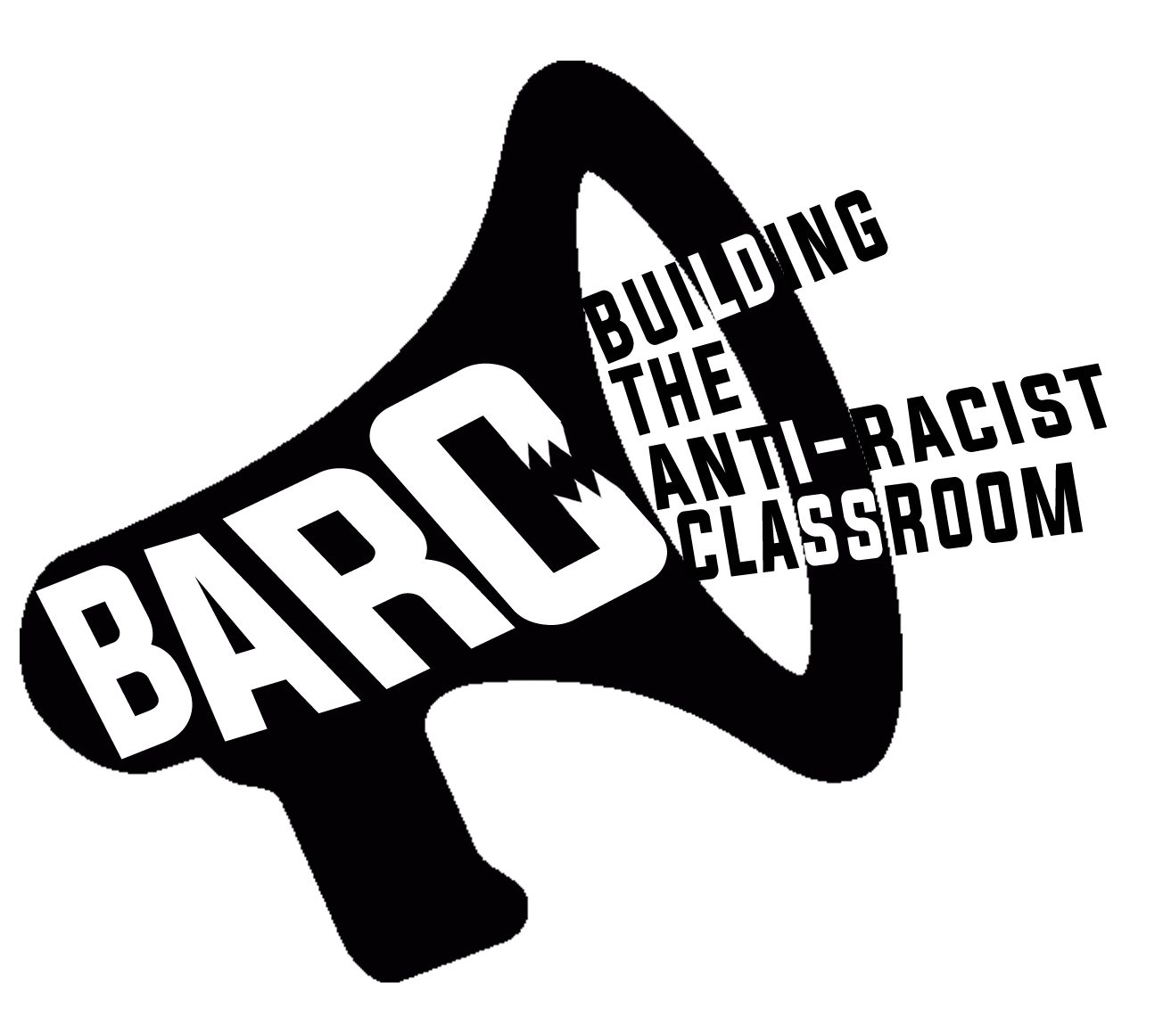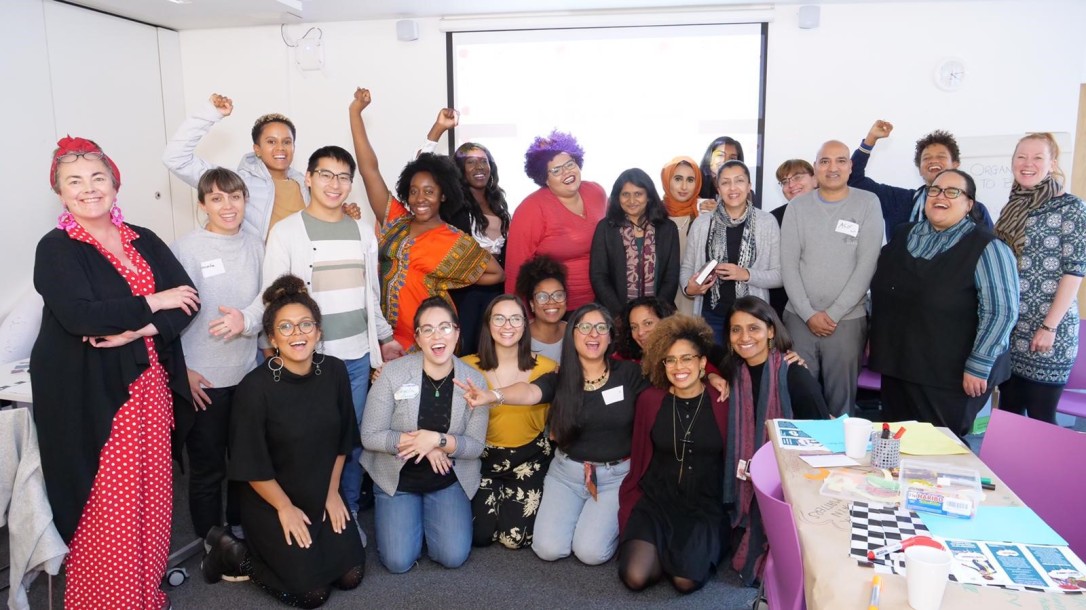Dear friends, comrades, and colleagues,
We write this message in the midst of a state of emergency that has galvanized anti-racist organizing led by Black communities in the United States and internationally, in parallel with a multi-regional politics of survival led by Indigenous, Muslim and Dalit communities across all continents.
In this wretched yet dynamic state, we share with you a piece of writing that we started almost a year ago. We could not have foretold the acute context in which our polemic would appear when published, but it is clear to us that it is as relevant today as it was last year and will be for future crises to come.
In our collective essay, The Business School is Racist: Act Up!, we outline the contours of institutional whiteness and racism as it configures in our places of work and learning. Although we speak from, and remain rooted in our local national contexts, our critique also aims to foreground the global nature of racialised oppression. We use the platform we have in this piece to call our fellow scholars of colour to recognise the ways Business Schools are not only structured by white supremacy, but actively de-value the knowledge and experiences of people of colour (PoC)*.
Alongside this recognition, we centre the need for collective action led by scholars of colour to build intergenerational support systems to dismantle racialised power structures and destabilise racist knowledge production as they appear locally and transnationally. We honour and build upon the tradition of Black, Indigenous and PoC scholarship that has laid the foundation for such critique. White scholars are invited to listen and learn from this call.
The practice of writing collectively has been structured by our experiences and knowledge of BARC organising. And so, it is with gratitude to you and your contribution to our collective work that we invite you to read the piece.
You can access the essay online here.
If you do not have institutional access to this essay, then please let us know and we can share the final version of the paper with you via email.
In solidarity,
The BARC collective
* We note that the phrase “people of colour” / “scholars of colour” is a contested term; we use it here in a solidaristic way to include Black, Indigenous and people of colour, recognising that the acronym BIPOC commonly used in the US is entering usage but is still poorly understood in the U.K. context, and that the Black Asian and Minority Ethnic (BAME) term typically used in the U.K. is unhelpful for creating alliances.

 Inaugural BARC Workshop Attendees, Oct 2018. Photo Credit: AMC Media
Inaugural BARC Workshop Attendees, Oct 2018. Photo Credit: AMC Media